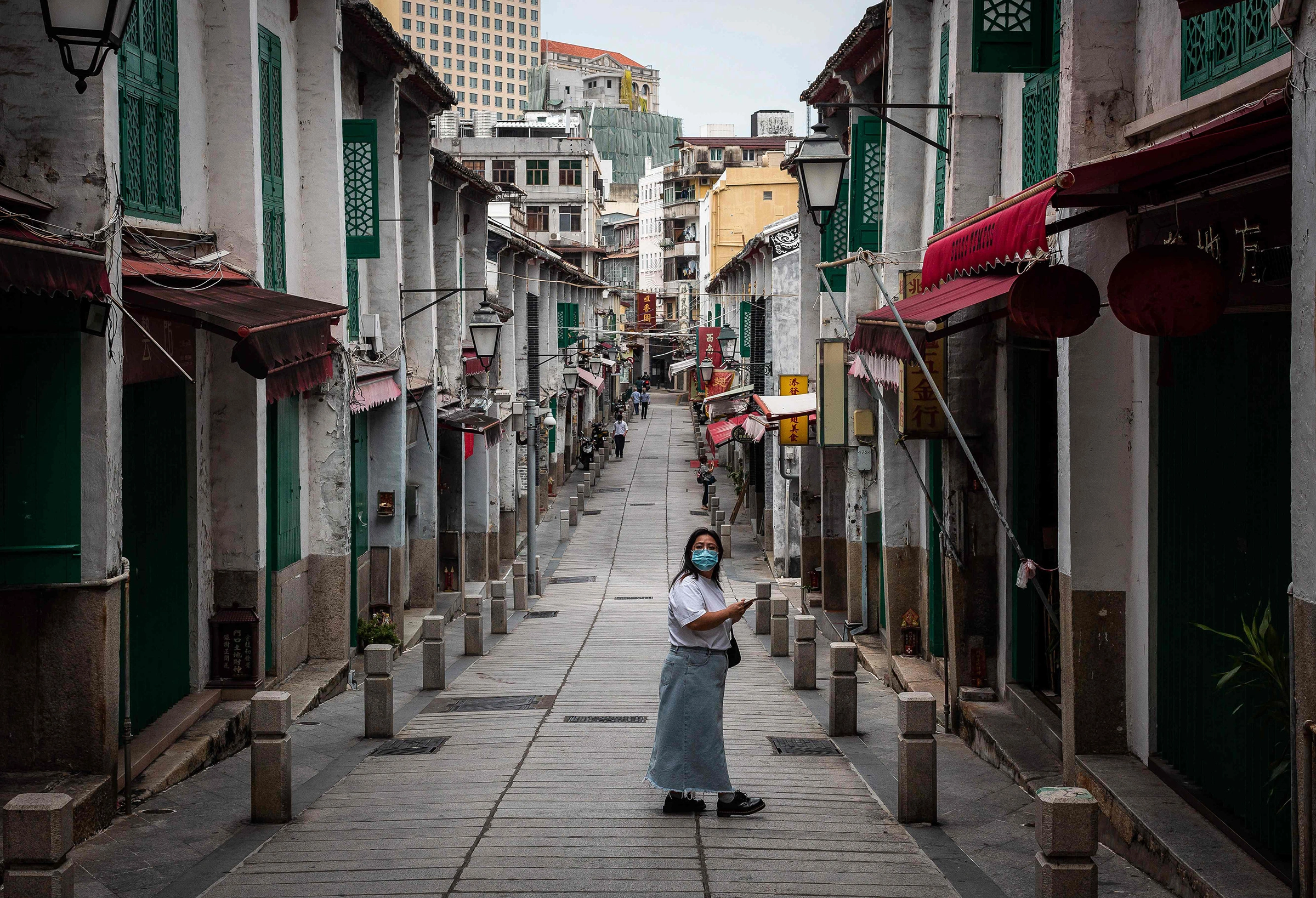There is nowhere on Earth quite like Macau for its combination of Chinese culture, Portuguese history and neon-lit casinos – aptly nicknamed Asia’s Monte Carlo or Vegas of the East.
Macau’s economy relies heavily on gambling. Meanwhile, its tourism sector is flourishing, drawing visitors from Hong Kong and mainland China alike.
History
Macau, Asia’s gambling capital, can trace its history back to 1557 as an overseas Portuguese territory whose economic success enabled it to withstand multiple colonial invasions.
Macau is a special administrative region of China which operates under a “one country, two systems” policy which grants it broad but limited autonomy. Tourism, casinos and entertainment provide its primary economic support.
Macau boasts not only extravagant casinos, but also historic Chinese and Portuguese landmarks that are world heritage relics. These include the 1448 Templo de A-Ma, dedicated to goddess Matsu and constructed between 1448-1455; early 17th-century structures like Barrier Gate and Monte Fort are both also recognized by UNESCO.
Macau is known for its rich cultural heritage; however, recent social issues include gang violence and loan-sharking. To combat crime and corruption, government initiatives have been put in place.
Culture
Macau, known for being Asia’s gambling capital, boasts a rich heritage influenced by both Chinese and Portuguese traditions. Furthermore, colonial history has left an imprint upon both cuisine and architecture of this city.
Macau has an overwhelming population that identifies with Chinese culture; however, a minority are known as Macanese due to mixed Asian and Portuguese ancestry.
Religion plays a crucial role in Macau culture, with a majority of residents practicing Buddhism and six percent adhering to Roman Catholicism respectively.
Macau’s historic center is an UNESCO World Heritage Site that encompasses buildings from the 16th and 17th centuries, such as St Paul’s Cathedral ruins. Other highlights of Macau include Monte Fort barrier gate architecture as well as picturesque scenic architecture like its barrier gate.
Economy
Macau, known as the gambling capital of Asia, is an internationally-recognized tourism destination offering numerous casinos and poker rooms. This industry plays a pivotal role in Macau’s economy while providing source of income to local residents.
Macau SAR government officials strive to diversify Macau’s economy beyond casino-dependent industries by drawing foreign investments and maintaining an inviting business climate. Furthermore, infrastructure projects such as Hong Kong-Macau-Zhuhai Bridge connect Macau with mainland China through Pearl River Delta region.
Economically, Macau relies heavily on China for raw materials and labour. But recently the region has begun developing its own infrastructure such as Hengqin Island lease agreement and cross-border transportation links with PRC.
Macau SAR Government has worked tirelessly to enhance environmental and social conditions within its region, including decreasing poverty levels. While its GDP per capita ranks among Asia’s highest, many residents still struggle to meet basic necessities.
Tourism
Tourism industry in Macau plays an essential role, providing good income and supporting the local economy while creating jobs and opportunities for people in the area.
Tourists visit Macau to experience its culture, historical landmarks, and cuisine. Many stay at hotels offering luxury services during their visit.
However, most tourists prefer hotels offering casino and entertainment services over regular hotels that may be closer to the city but they have higher rent costs.
Macau tourism remains important, yet remains under-regulated. Without a town planning ordinance or strategic plan in place, tourism projects and plans tend to be issued on an ad hoc basis.


